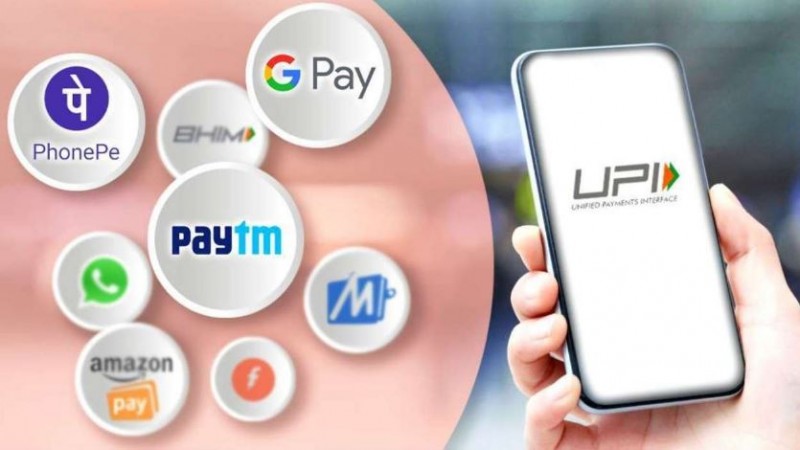
New Delhi: As the popularity of the Unified Payments Interface (UPI) continues to rise, banks have implemented daily restrictions to ensure the smooth functioning of the payments interface. These additional limitations supplement the restrictions imposed by the facilitator, National Payments Corporation of India (NPCI), in 2021.
What are the daily limits for UPI transactions?- According to the National Payments Corporation of India, the maximum daily limit for Unified Payments Interface transactions is Rs 1 lakh. However, for bill payments and merchants, the limit is set at Rs 5 lakh. Each bank has its own range for the maximum UPI daily transfer limit, varying from Rs 25,000 to Rs 1 lakh.
In some cases, banks have opted for weekly or monthly UPI transfer restrictions instead of daily limits. For instance, IDFC has set the weekly UPI restriction at Rs 1 lakh, while the monthly UPI transaction maximum is capped at Rs 30 lakh for IDFC Bank.
Users now have the flexibility to perform up to 20 transactions in a single day, either aggregating up to Rs 1 lakh or conducting transactions worth Rs 1 lakh at once. However, certain types of transactions like capital markets, collections , insurance, and forward inward remittances have a higher limit of Rs 2 lakh.
In December 2021, the limit for UPI-based ASBA (Application Supported by Blocked Amount) IPO and retail direct programs was raised to Rs 5 lakh per transaction.
The conversation has now shifted towards banks and applications developing their own transaction criteria. For instance, state-run institutions such as Punjab National Bank (PNB) and Bank of Baroda have set a relatively lower transaction limit of Rs 25,000. PNB's daily limit stands at Rs 50,000. As for applications, Google Pay users, for example, exceed the daily limit if they attempt to transfer money more than 10 times in a single day across all UPI apps.
About UPI: Unified Payments Interface (UPI) is a real-time payment system introduced by the National Payments Corporation of India (NPCI). It enables users to link multiple bank accounts to a single mobile application and facilitates instant money transfers between different bank accounts. UPI has revolutionized digital payments in India, offering a seamless and convenient way to send and receive money using smartphones.
With UPI, users can perform a wide range of transactions, including person-to-person transfers, bill payments, merchant payments, and online shopping. The system operates on a 24/7 basis, allowing users to initiate transactions at any time. UPI has gained immense popularity due to its simplicity, speed, and interoperability across various banks and payment service providers.
To use UPI, users need to download a UPI-enabled app provided by their respective banks or third-party payment apps. They can create a UPI ID (Virtual Payment Address) and link their bank accounts to it. The UPI ID acts as a unique identifier for transactions and eliminates the need to share sensitive bank account details while making payments.
UPI transactions can be authorized using multiple methods, such as entering a UPI PIN, providing biometric authentication, or using an MPIN (Mobile Personal Identification Number). The system also supports QR code-based payments, where users can scan QR codes displayed by merchants to initiate transactions.
One of the significant advantages of UPI is its interoperability, allowing users to transfer funds between different banks seamlessly. UPI has also enabled the development of a vast ecosystem of third-party apps that offer a range of services, including bill splitting, expense tracking, and mobile recharges.
Since its launch in 2016, UPI has witnessed exponential growth, surpassing other digital payment methods in India. It has played a crucial role in driving the adoption of digital payments and reducing reliance on cash transactions. UPI's success has inspired other countries to explore similar real-time payment systems, making it a significant milestone in the digital payment landscape.